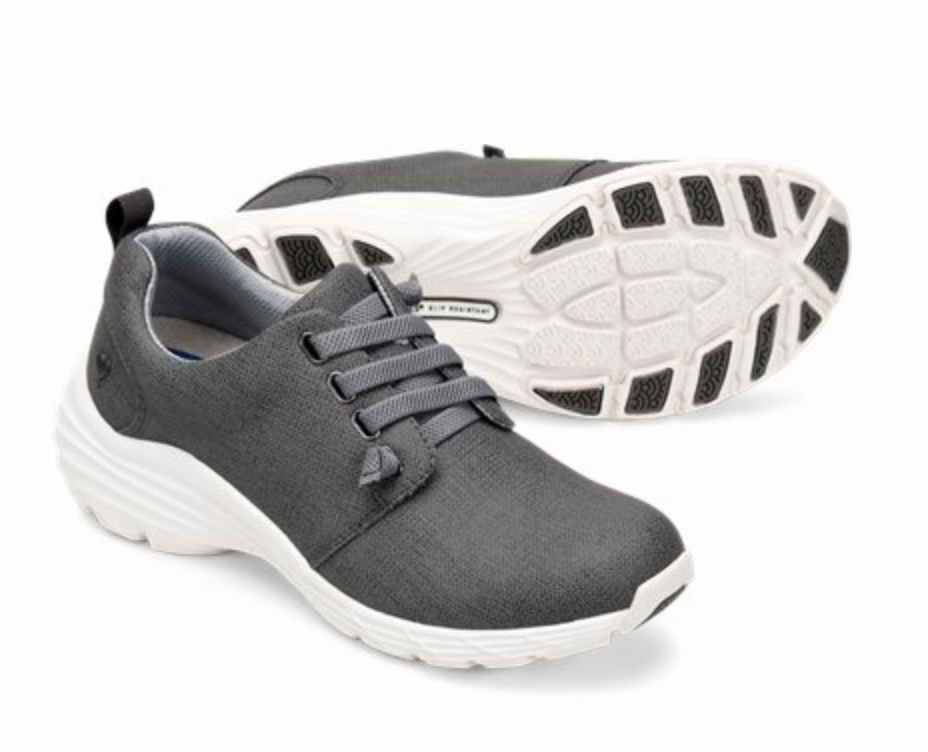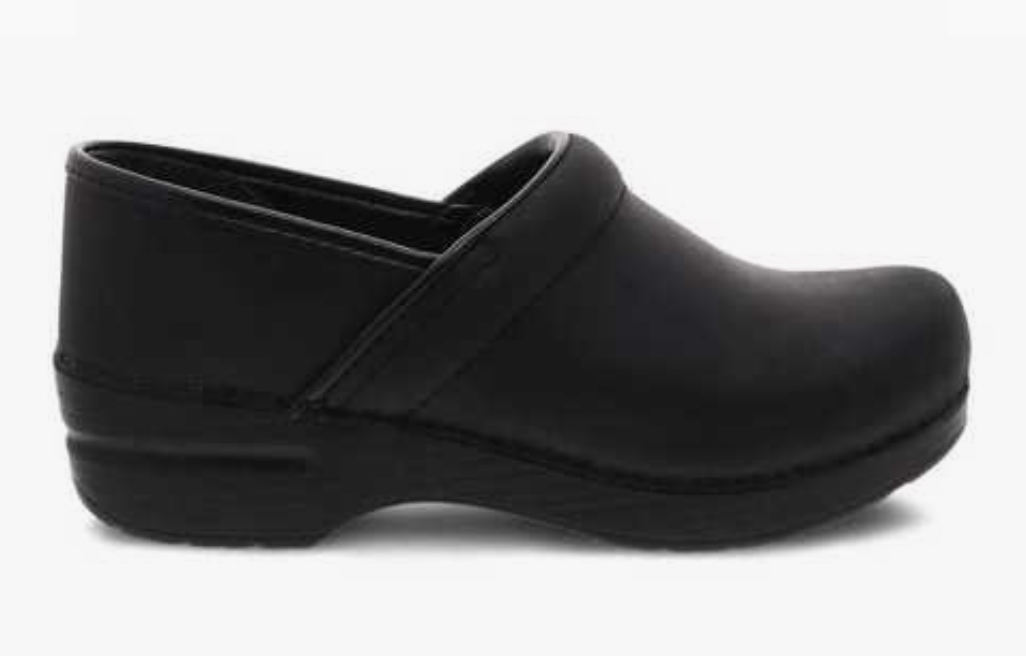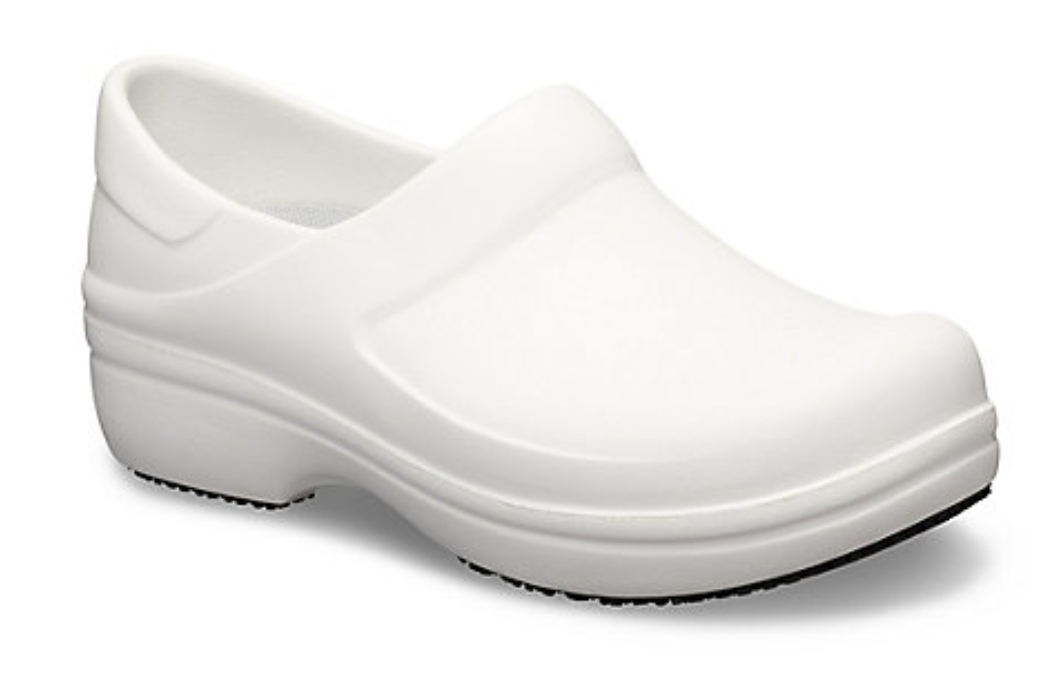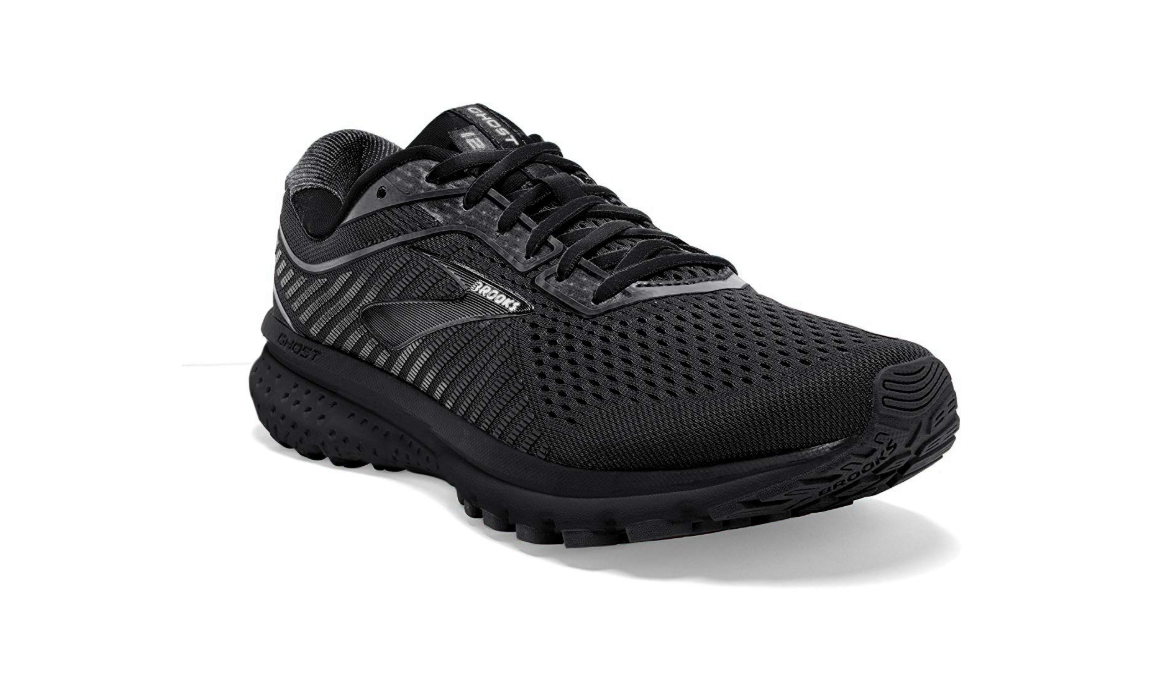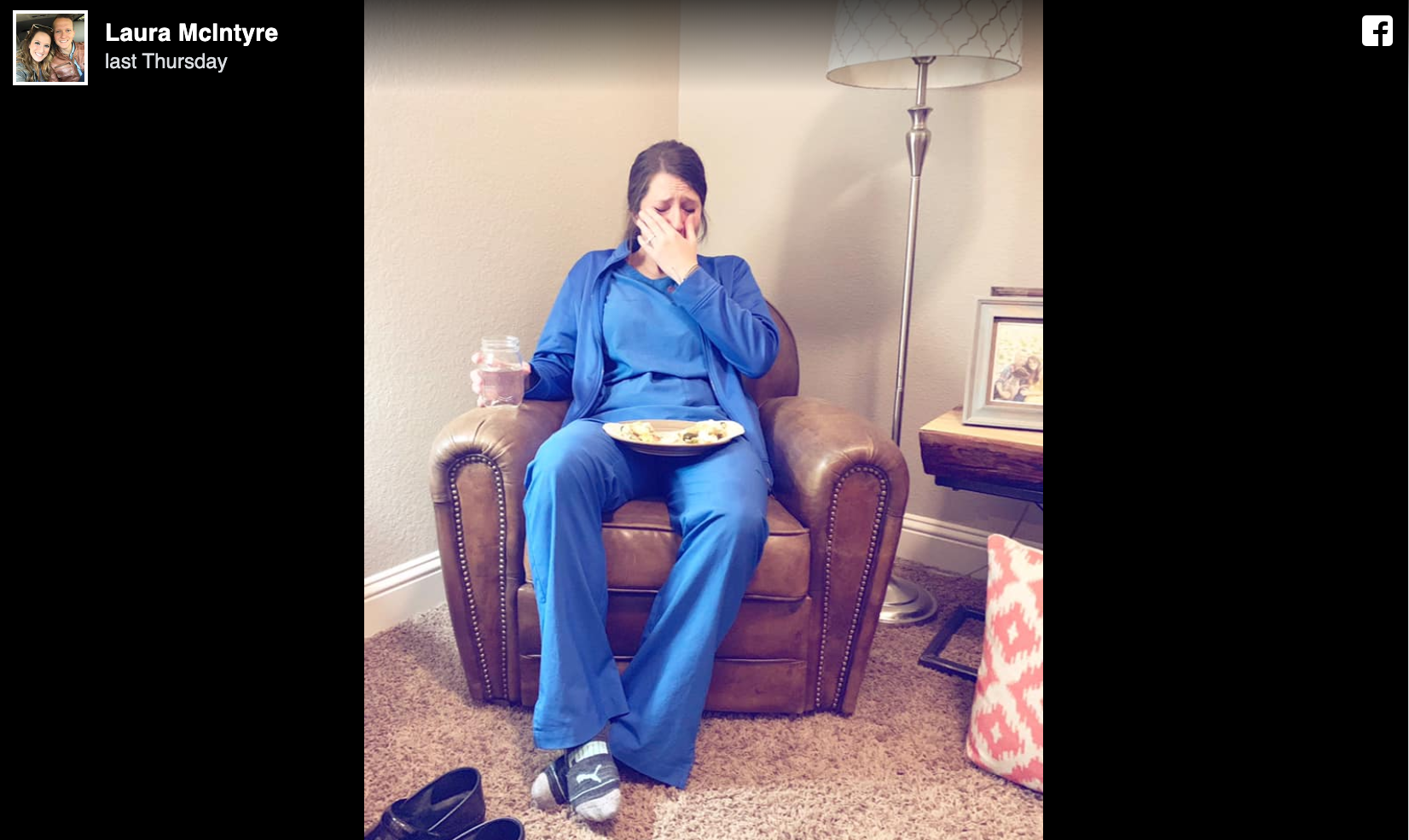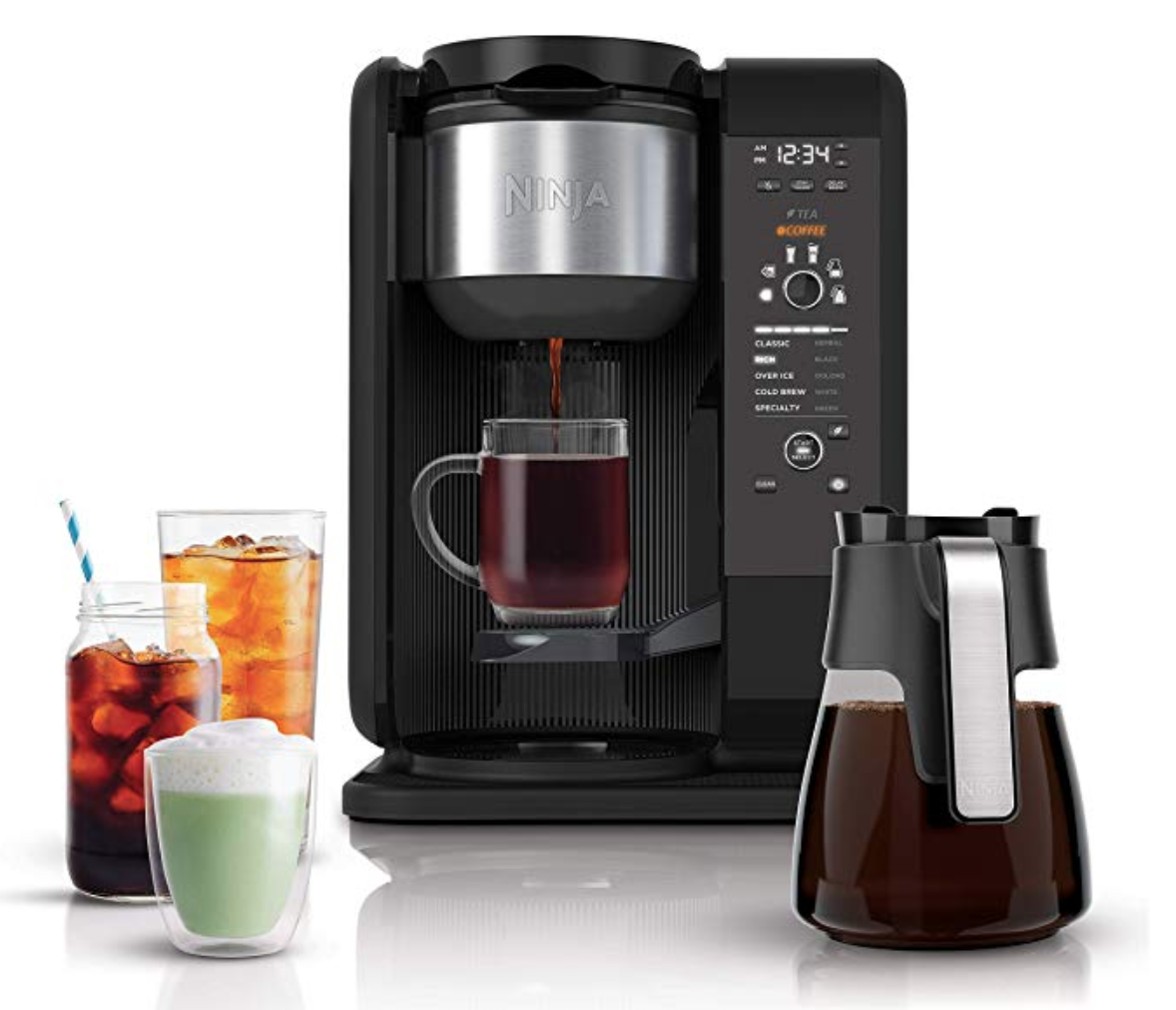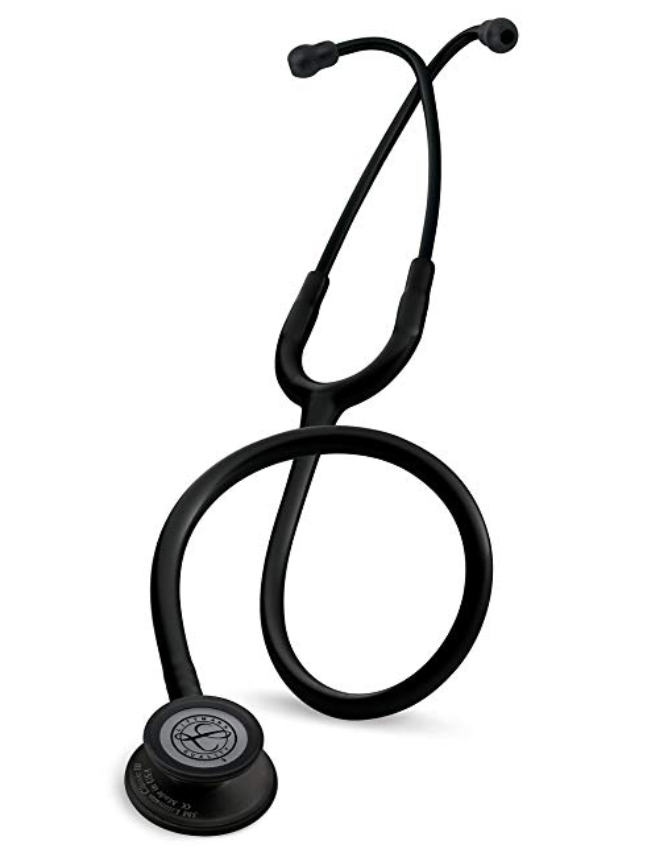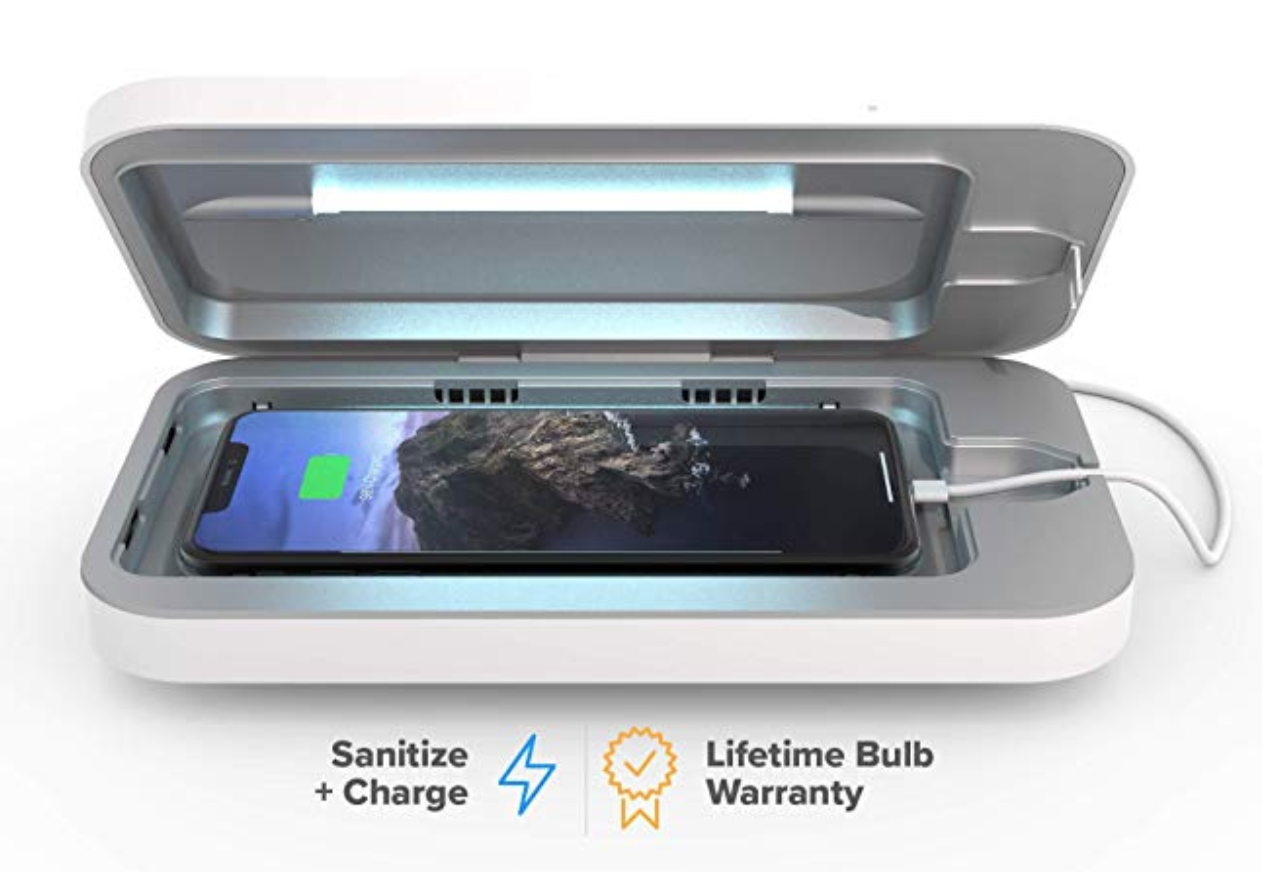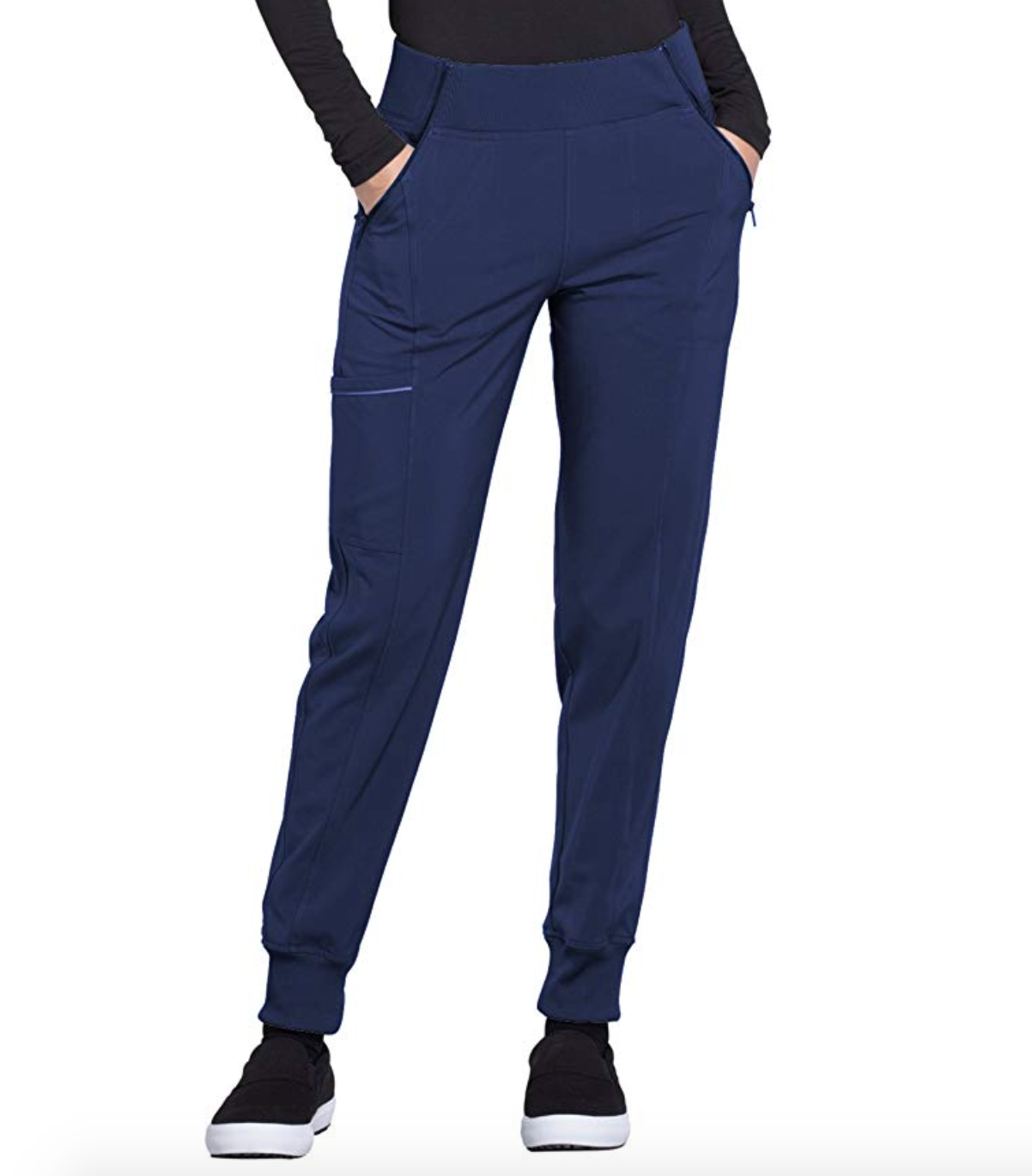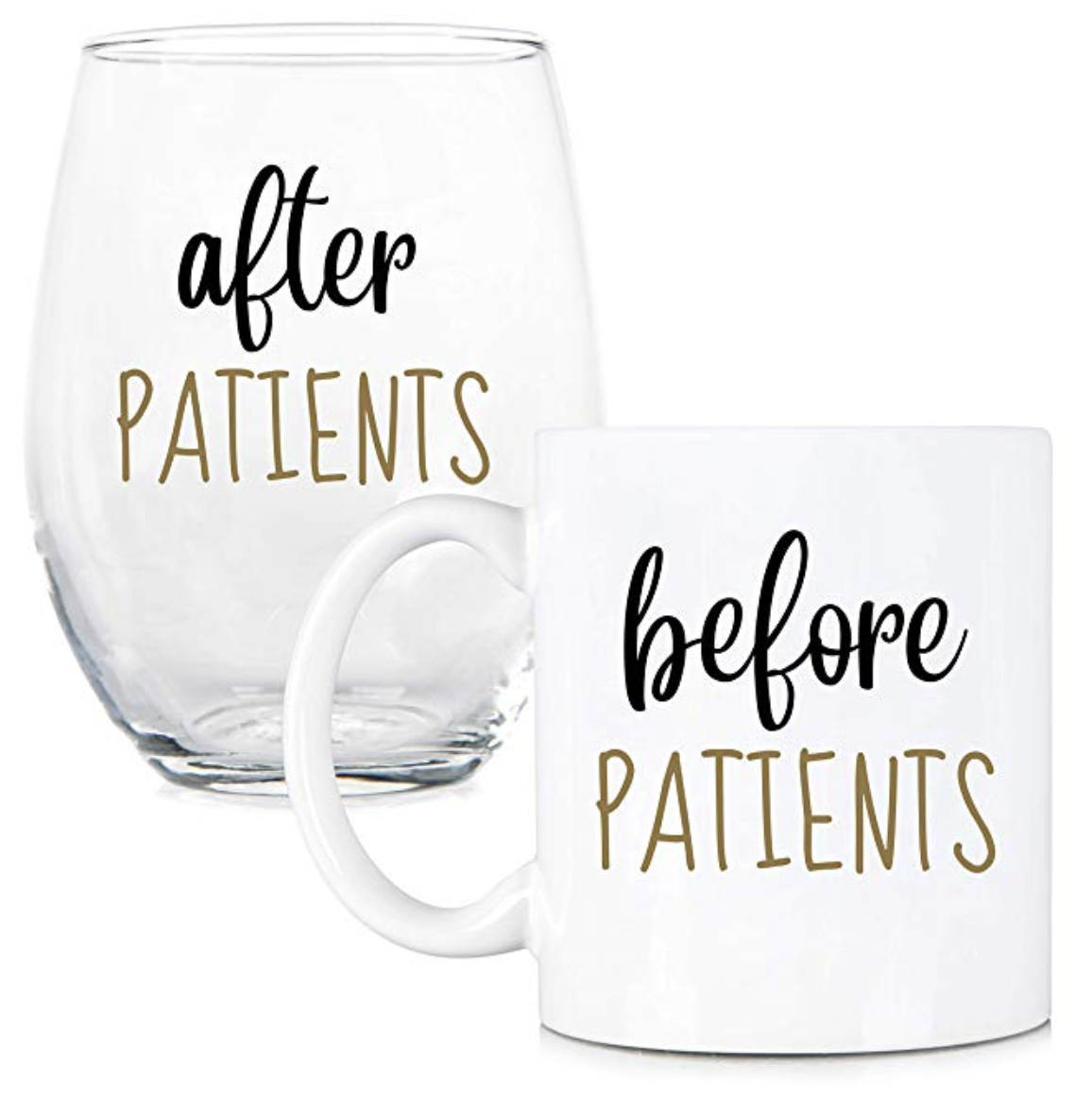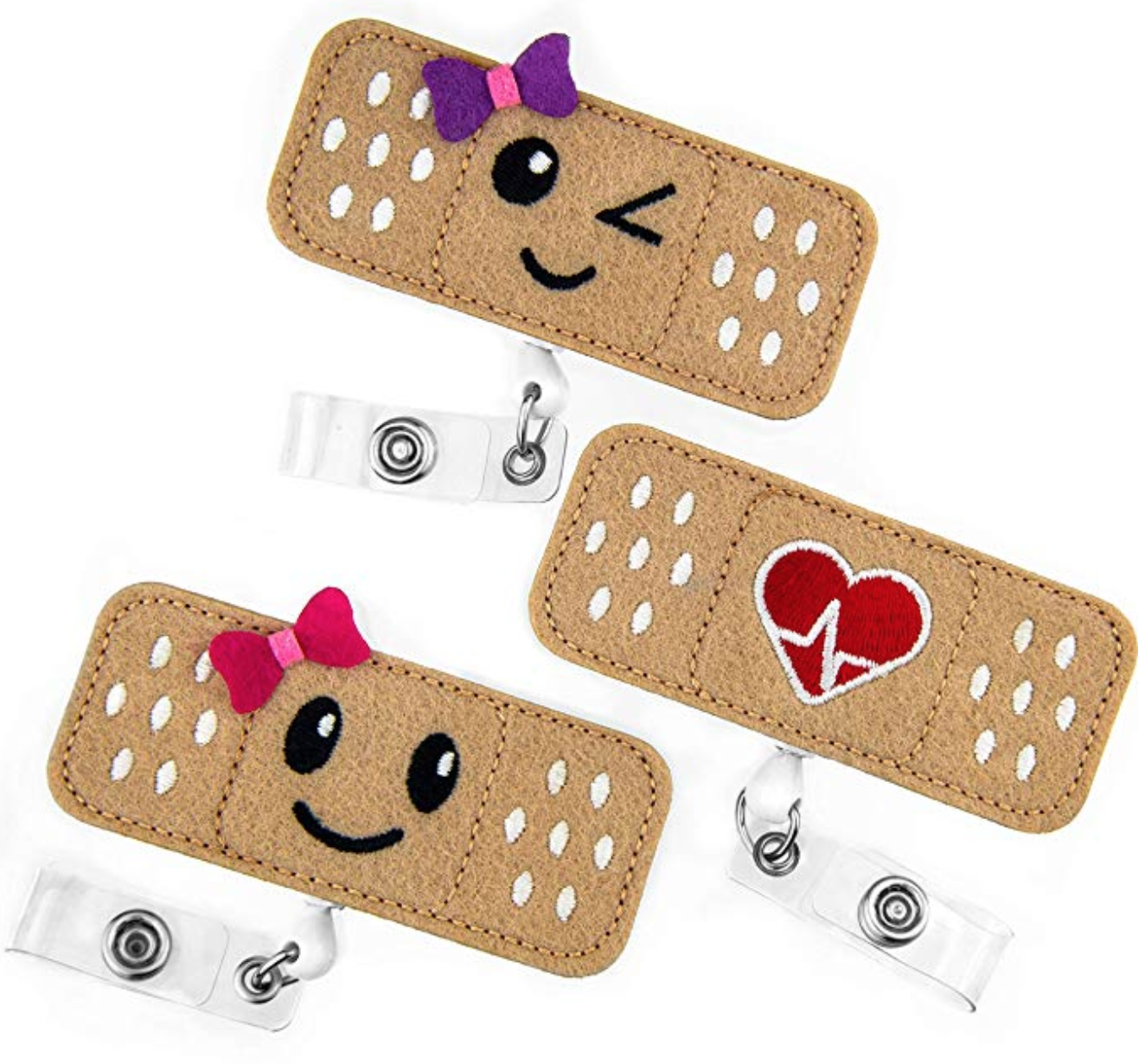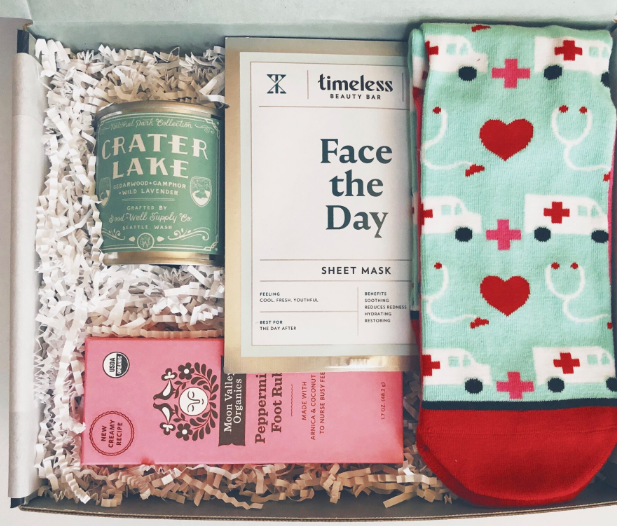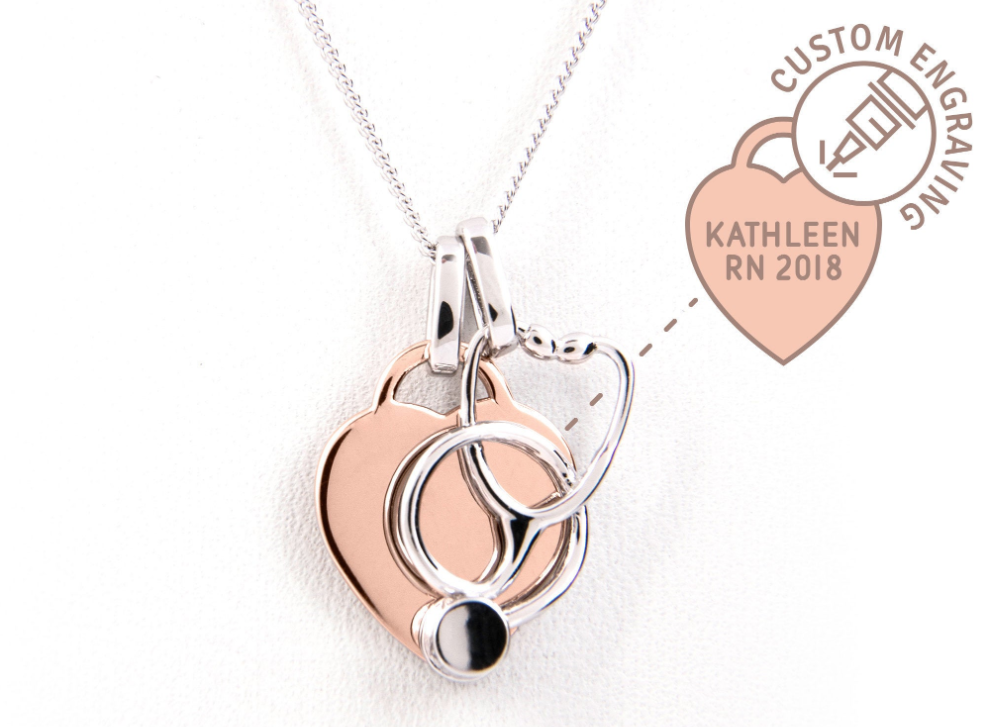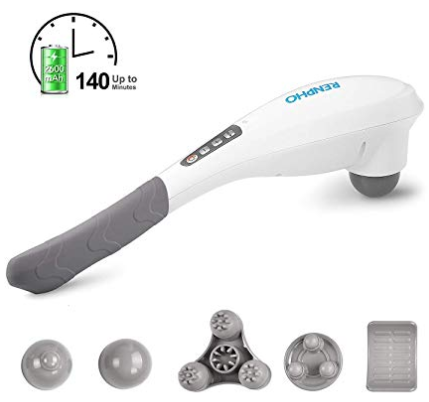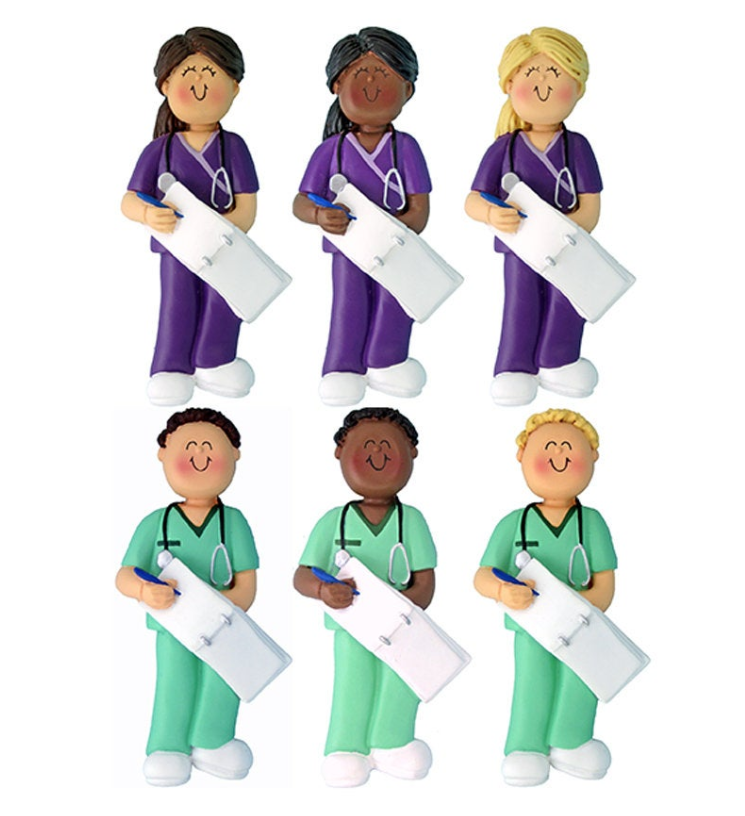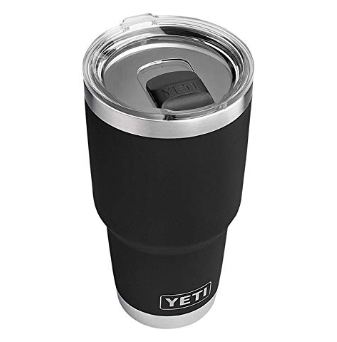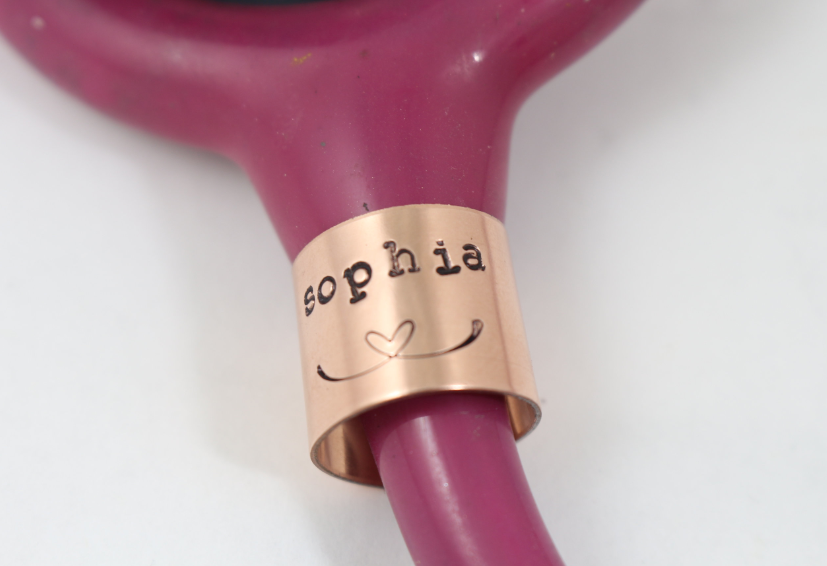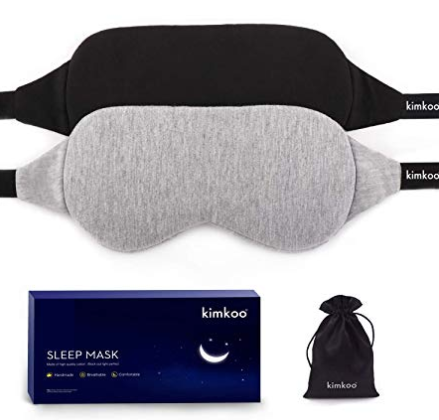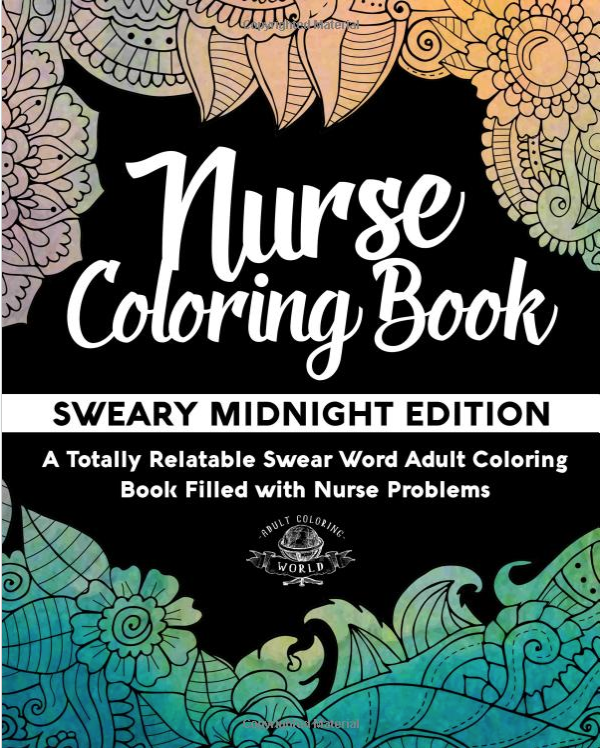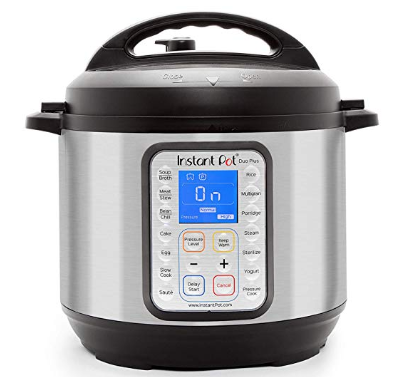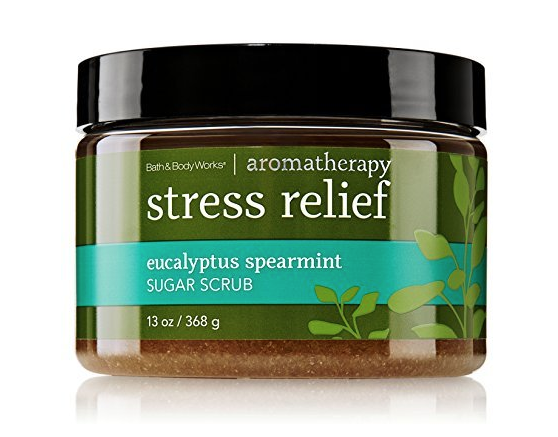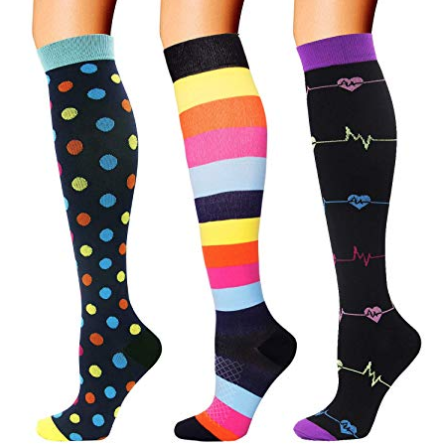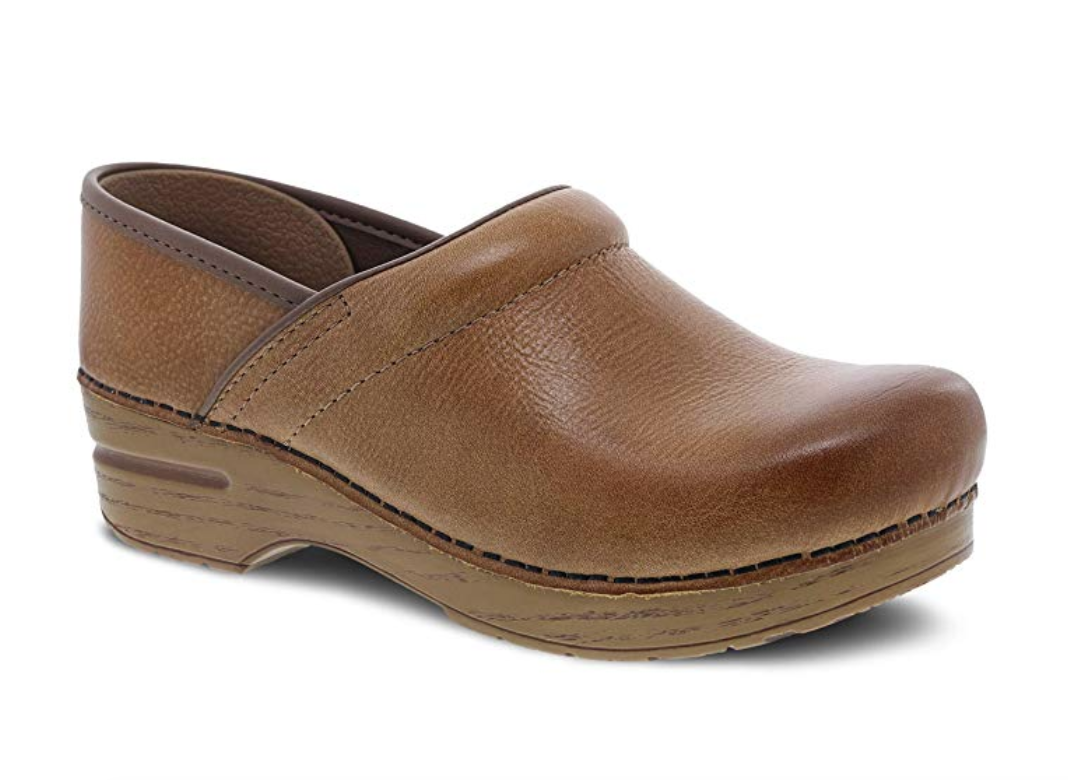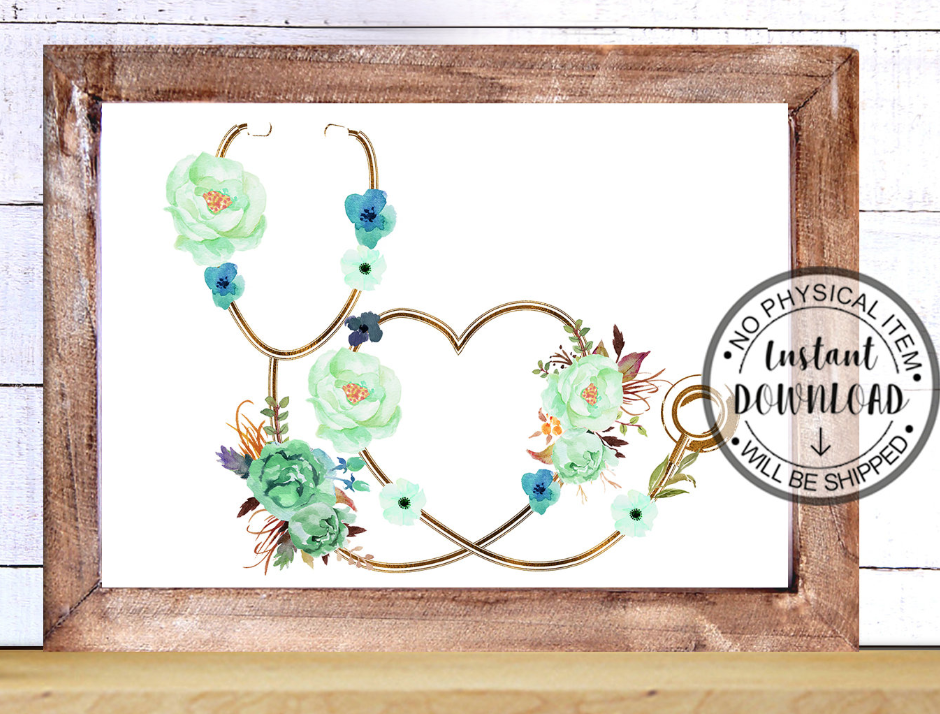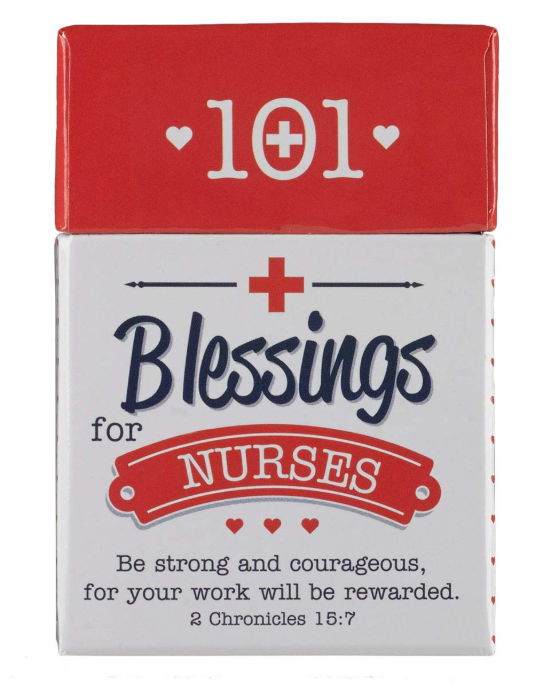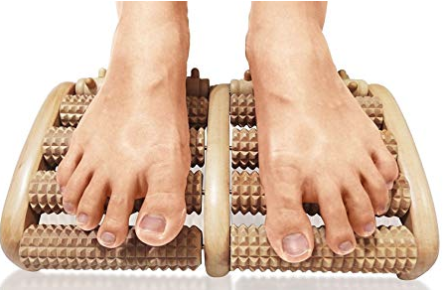From Nurse Keith’s Digital Doorway
In all likelihood, we can all readily agree that nursing is not for the faint of heart. Nurses in many different settings can be pushed to the breaking point, driven to the precipice of burnout, compassion fatigue, and utter defeat. But there is indeed another way.
Nurses are often seen as strong figures who can tend to the sick, stand on their feet for hours on end, simultaneously care for multiple critical patients, and document it all like a pro. Many years ago, I wrote about the Sisyphean nature of nursing, a topic I should probably revisit sooner than later.
We can think of the nurse as Sisyphus, pushing a boulder uphill with no hopes of tomorrow being any different. We can also consider the metaphor of the elastic band stretched beyond its capacity. Our breaking points are individual, as are the events or circumstances that will trigger our breakdown or moment of snapping.
What’s Your Capacity?
Nurses, it’s up to you to determine for yourself what your capacity for stress and unhappiness really is. No one on the outside can really tell you what you should or shouldn’t be feeling on the inside. Your ability to determine your own capacity is part of your emotional intelligence and your personal insight into the workings of your own psyche.
The nurse who brags that she can face any challenge or work any number of shifts without blinking an eye is probably lying — either to you, or to herself. We’ve all probably encountered those highly seasoned nurses — some would derogatorily label them as “Old Battle Axes” — who, for all intents and purposes, seem impervious to all negativity or stress. Their jaded outward personalities probably belie what may be going on inside of them; they may actually so far gone, they can’t even feel their own feelings. This is the opposite of emotional intelligence.
Nurse, you need to determine your own capacity for every aspect of your work environment and professional experience:
- How many hours can you work in any given week and still feel somewhat functional and human at home?
- How much bullying and aberrant behavior are you willing to tolerate without taking action?
- Is there a type of negative workplace culture that you feel you could actually work in without it impacting you in damaging ways?
- What level of dysfunctional management is permissible?
- How little teamwork and collaboration is accepted in your workplace?
- What other areas of your work life are you able or unable to tolerate?
Why Do You Stay?
If your workplace leaves much to be desired, one of the initial questions to ask yourself is, “Why do I stay?” If you’re only staying because of the money, that’s probably not going to seem like enough as symptoms of stress-based illness begin to arise, or you’re just too depressed and despondent to take any action whatsoever.
You may be caught in a moment of simply feeling too beaten up by your work to even consider making a change. This type of ennui and loss of energy to create change in your life can have dire consequences, especially if you’re tolerating bullying, the sabotaging of your patient care by colleagues (we know this happens, folks), or other behaviors that put your license — and your patients — at risk.
Remaining in a job that’s killing you is not recommended, nor is it mentally, physically, or emotionally healthy. Some might even say it can be spiritually damaging to stay in work that doesn’t feed your heart and soul and/or detracts from your self-esteem and self-worth.
Determining why you’re choosing to stay may reveal very clearly that you have every reason to leave. How much are you willing to take? When will you put your foot down and say, “no more”?
Cultivating Nurse Resilience
Nurse resilience comes in many forms. Your resilience may come from cultivating the courage and ability to speak up to managers and executive and share your opinions about your workplace, or stand up for nurses on the receiving end of bullying and aggression.
Resilience may come from a variety of sources, including but not limited to:
- Engaging the services of a counselor or therapist to help you navigate the challenges of your professional life
- Using career coaching as a means to discover what you love about your career and how to instigate healthy change
- Speaking with supportive colleagues, friends, or family
- Studying meditation, yoga, mindfulness, Reiki, or other modalities
- Take a course on cultivating emotional intelligence
- Guard your time off and use it wisely in the interest of self-care and personal wellness
- Turn to faith leaders for support and wise counsel
- Focus on your physical health and well-being
- Allow yourself to explore new career paths and professional options
- Finding and strengthening your most resilient self is essential to counteracting those moments, days, weeks, months, or even years when you’re stretched too thin and come dangerously close to reaching your breaking point.
Why allow yourself to get to the point of snapping from the strain? Why not cultivate resilience, as well as strategies for surviving and thriving rather than tolerating what’s unhealthy? No one can do this work for you, but you can enlist the help of those who can make the journey easier.
Push Back
If your work is like pushing a rock uphill day after day, something has to give. Are you going to push back against unsafe staffing and high nurse-patient ratios? Will you join the union and seek greater protection from poor management? Will you speak up and call the unit bully on her horrible behavior? Are you going to say “no” the next time you’re asked to cover yet another extra shift?
How you push back is up to you, but push back you must. When the going gets tough, your job is to build up your resilience, take action, and push back against what is making your miserable. The ultimate push back may be giving your notice, and that is sometimes the only way. However, if you’re dedicated to your workplace and want to fight the good fight, enlist courageous colleagues willing to stand by your side.
When you’re stretched too thin, it’s time for action. When you’re pushed beyond your limit, recognize what those limits really are and how to protect them from ever being threatened again.
Staying may work, or it may be impossible. Leaving may be the only way out, or there may be other solutions. If you’re experiencing the cognitive dissonance of workplace demands beyond your capacity to meet those demands, it’s time to consider your options.
Don’t allow your well-being, health, and happiness to be compromised by your work. This profession of nursing should feed your soul, pay your bills, and bring you fulfillment and positive self regard. If something else is happening in your work life and career, it’s time for a new plan and a new lease on life.
Keith Carlson, RN, BSN, NC-BC, is the Board Certified Nurse Coach behind NurseKeith.com and the well-known nursing blog, Digital Doorway. Please visit his online platforms and reach out for his support when you need it most.
Keith is the host of The Nurse Keith Show, his solo podcast focused on career advice and inspiration for nurses. From 2012 until its sunset in 2017, Keith co-hosted RNFMRadio, a groundbreaking nursing podcast.
A widely published nurse writer, Keith is the author of Savvy Networking For Nurses: Getting Connected and Staying Connected in the 21st Century and Aspire to be Inspired: Creating a Nursing Career That Matters. He has contributed chapters to a number of books related to the nursing profession. Keith has written for Nurse.com, Nurse.org, MultiBriefs News Service, LPNtoBSNOnline, StaffGarden, AUSMed, American Sentinel University, Black Doctor, Diabetes Lifestyle, the ANA blog, American Nurse Today, NursingCE.com, Working Nurse Magazine, and other online and print publications.
Mr. Carlson brings a plethora of experience as a nurse thought leader, keynote speaker, online nurse personality, social media influencer, podcaster, holistic career coach, writer, and well-known nurse entrepreneur. He lives in Santa Fe, New Mexico with his lovely and talented wife, Mary Rives, and their adorable and remarkably intelligent cat, George. (You can find George on Instagram by using the hashtag #georgethecatsantafe.)
Disclaimer: The viewpoint expressed in this article is the opinion of the author and is not necessarily the viewpoint of the owners or employees at Healthcare Staffing Innovations, LLC.



